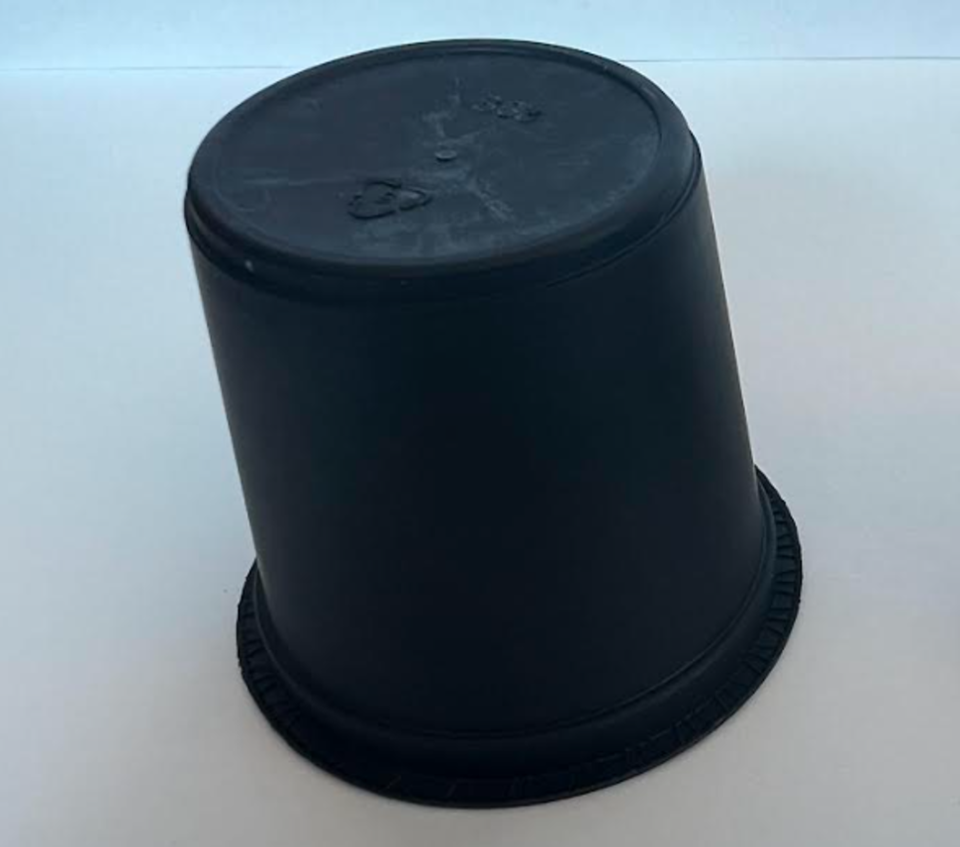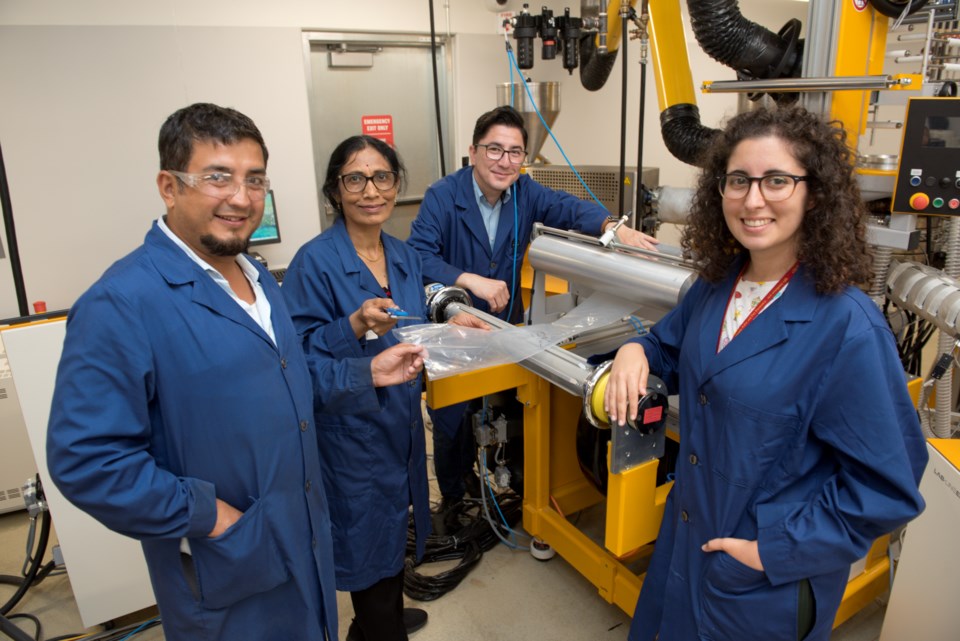Researchers at the University of Guelph are getting some help to make your next morning cup of joe more environmentally friendly.
The province has given $1 million for researchers to develop and commercialize a K-cup coffee capsule that can be composted at home.
“This is the first-ever K-cup to be home compostable,” said Amar Mohanty, a professor at U of G and part of the research team for this project.
It’s much different than the PurPod100 developed by U of G researchers nearly a decade ago.
The PurPods are single-serve coffee pods that can break down in commercial composting services.
The K-cups are the typical sized coffee capsules for Keurig coffee machines, complete with the cup and sealing film. Both components have been lab-tested successfully for composting at home.

At this stage, there isn't a name for it.
“There (are) not many industrial composting facilities available in Ontario, Canada or all over the world,” said U of G professor Manjusri Misra, who is leading the research team.
“Since this one is home compostable, you can use (the capsule), put it in the backyard and it will be composted in one year.”
She added researchers have partnered with companies such as Club Coffee in Toronto and Competitive Green Technologies in Leamington as part of the venture.
"All K-cups now go to the landfill, and they are creating a lot of greenhouse gas emissions," Mohanty said.
The walls of the K-cups themselves will be “as thin as possible to save material, but to make as high barrier as possible."
There are still a number of steps to go before these K-cups can be brought to the market, from studying home compostability and certification of the product.
The project is into its second year of what is a four-and-a-half year project.
